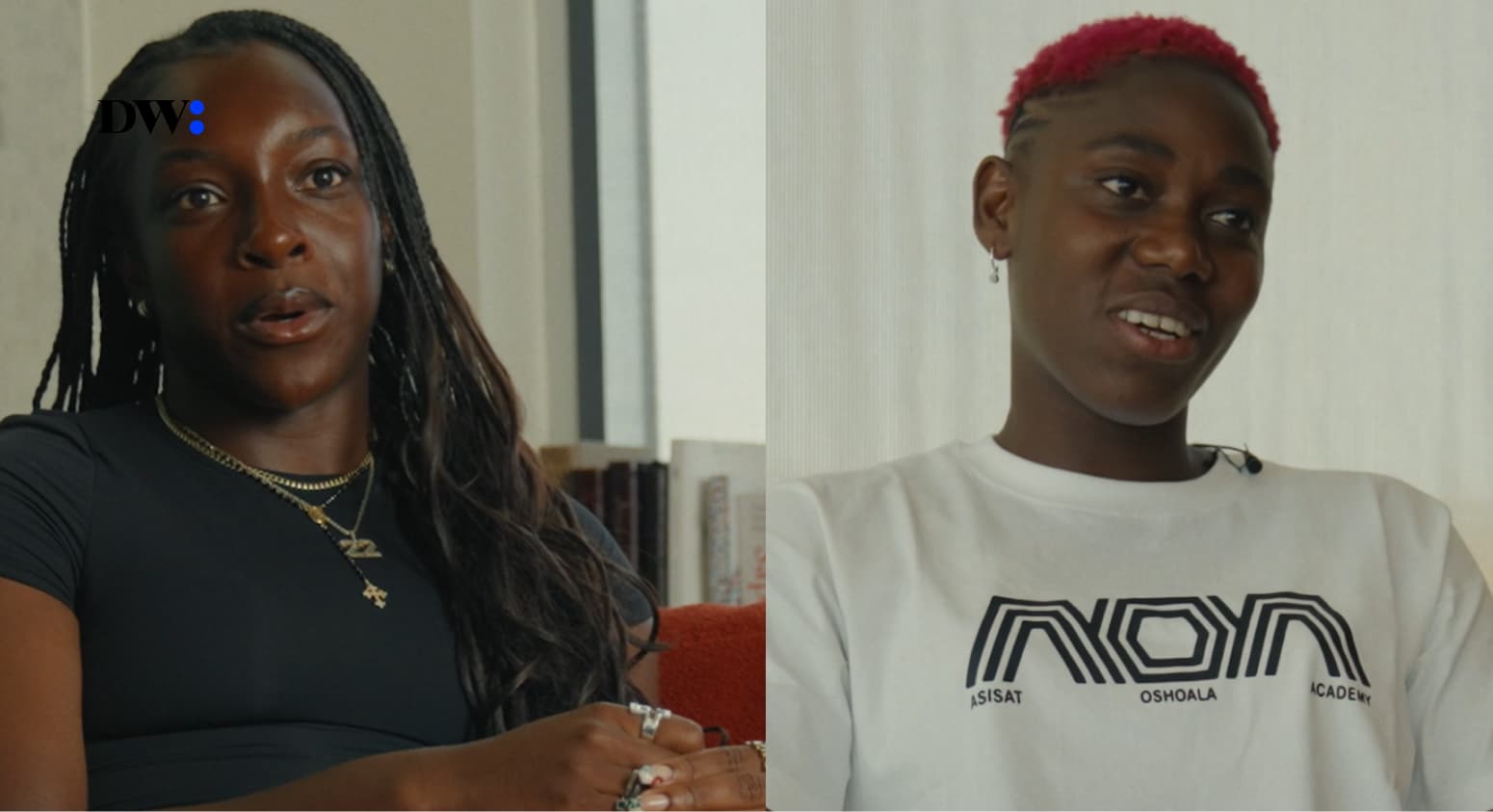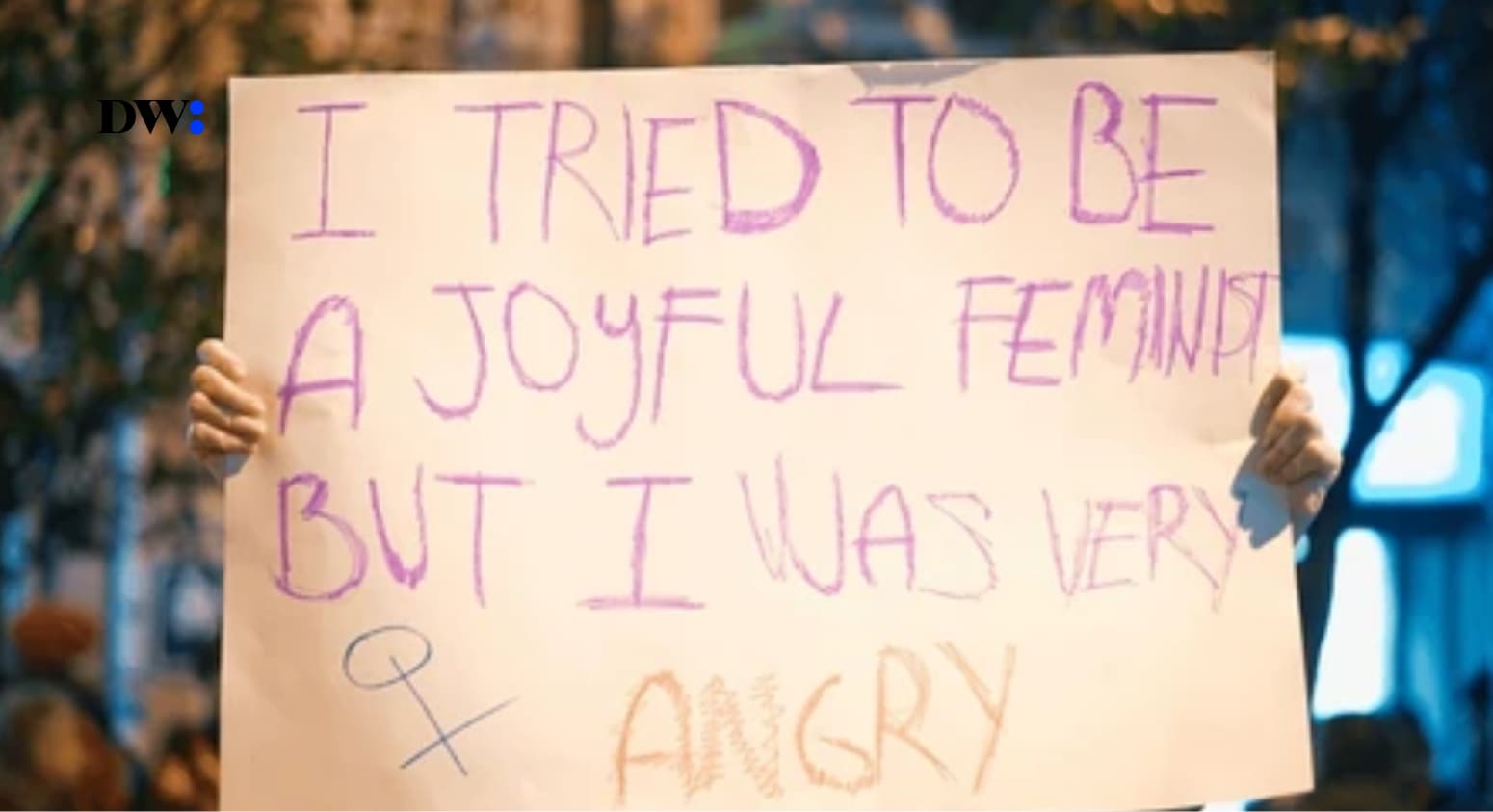Marie Stopes was a British author, palaeobotanist, and eugenics and women’s rights activist. She was the first female academic on the faculty of the University of Manchester and made substantial contributions to plant paleontology and coal classification. Stopes established the first birth control clinic in the United Kingdom with her second husband, Humphrey Verdon Roe. Stopes edited the Birth Control News newsletter, which provided specific practical guidance.
Her sex guidebook Married Love (1918) was controversial and influential, bringing birth control into widespread public discussion. Stopes openly opposed abortion, claiming that preventing conception was all that was required. However, her actions in private contradicted her public statements.
Stopes grew up in a wealthy, educated household; her father was an architect, and her mother was a Shakespeare scholar and supporter of women’s education. Stopes graduated from University College, London, with a science degree after under two years. She then pursued postgraduate studies in palaeobotany (fossil plants), getting a PhD in 1904 from the University of Munich.
She began working as an assistant lecturer in botany at the University of Manchester the same year. She specialized in fossil plants and coal mining issues. Her first spouse, Verdon Roe, was cofounder of the A.V. Roe aviation company, which was also heavily involved in the birth-control movement. He assisted her in her subsequent crusade. Three years later, in the working-class Holloway section of London, they established their first birth-control clinic, which was aimed to educate women about the few methods of birth control available to them.
That same year, she founded and became president of the Society for Constructive Birth Control, from which she talked internationally about the advantages of married women having healthy, desired children, effectively pushing the idea of eugenic birth control.
Meanwhile, she published Married Love and Wise Parenthood (1918), which were widely translated. Her Contraception: Its Theory, History, and Practice (1923) was the first to be published. the most extensive treatment of the subject. She pushed birth control in East Asian countries after WWII. She actively promoted birth control in East Asian countries. While her views on eugenics and some of her controversial statements have sparked criticism, her efforts in establishing clinics and initiating conversations about contraception have left a lasting impact on reproductive health and women’s rights.




